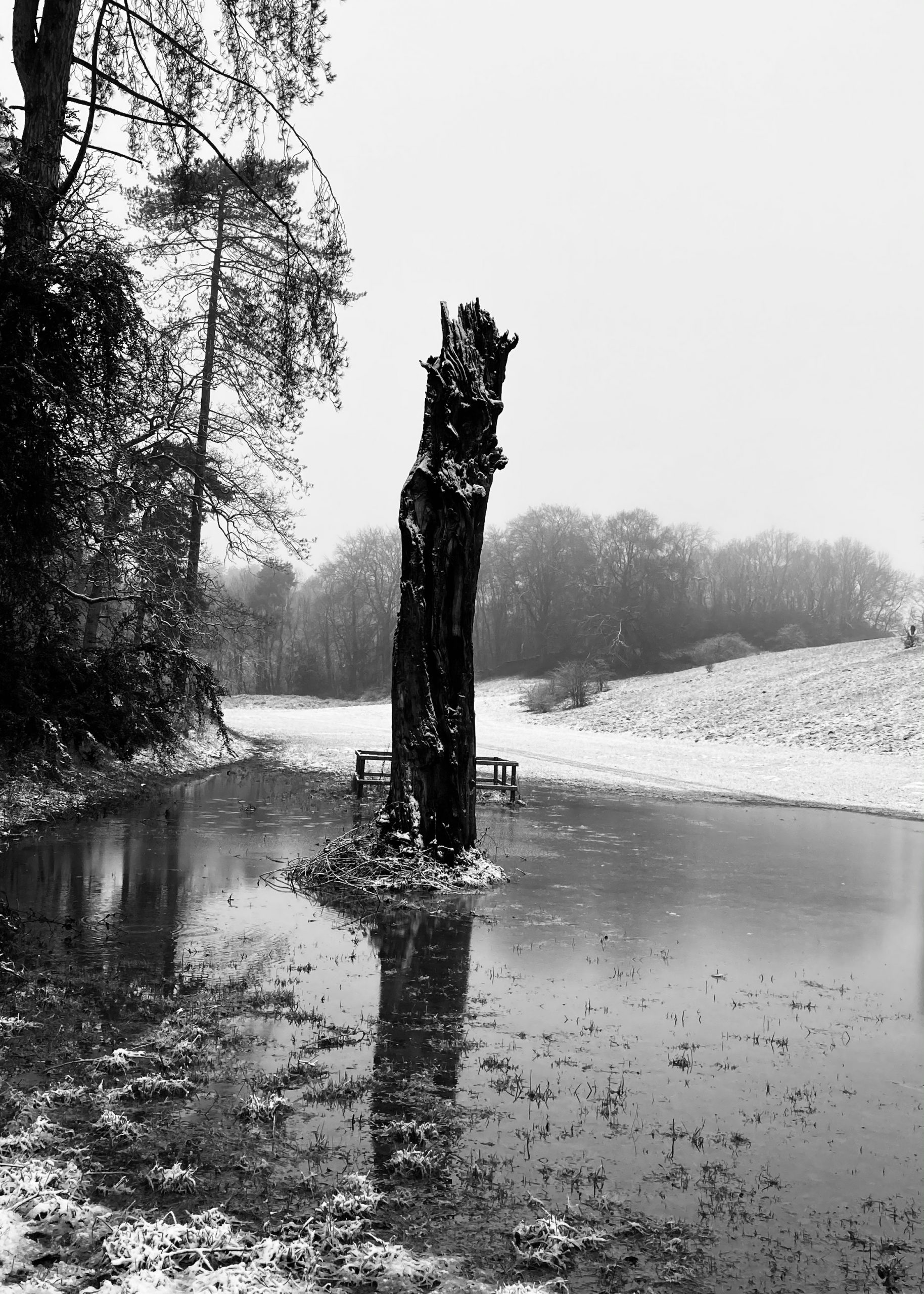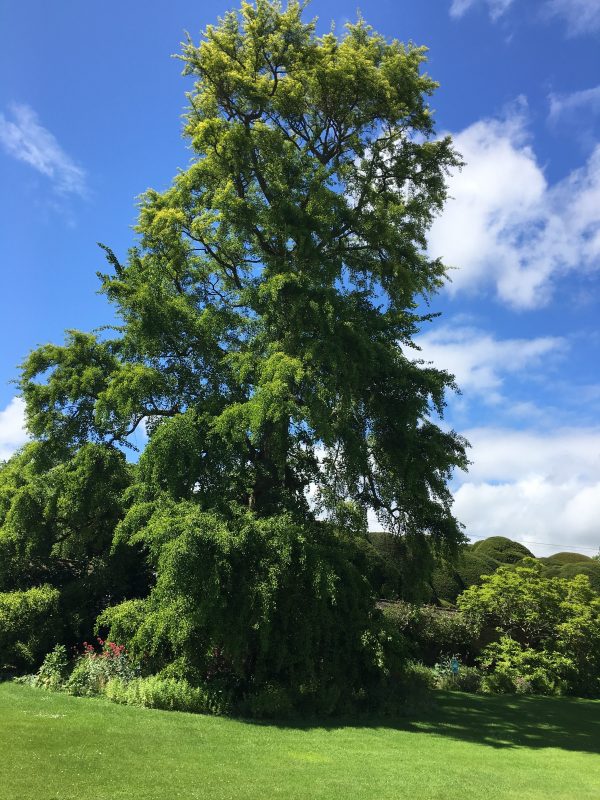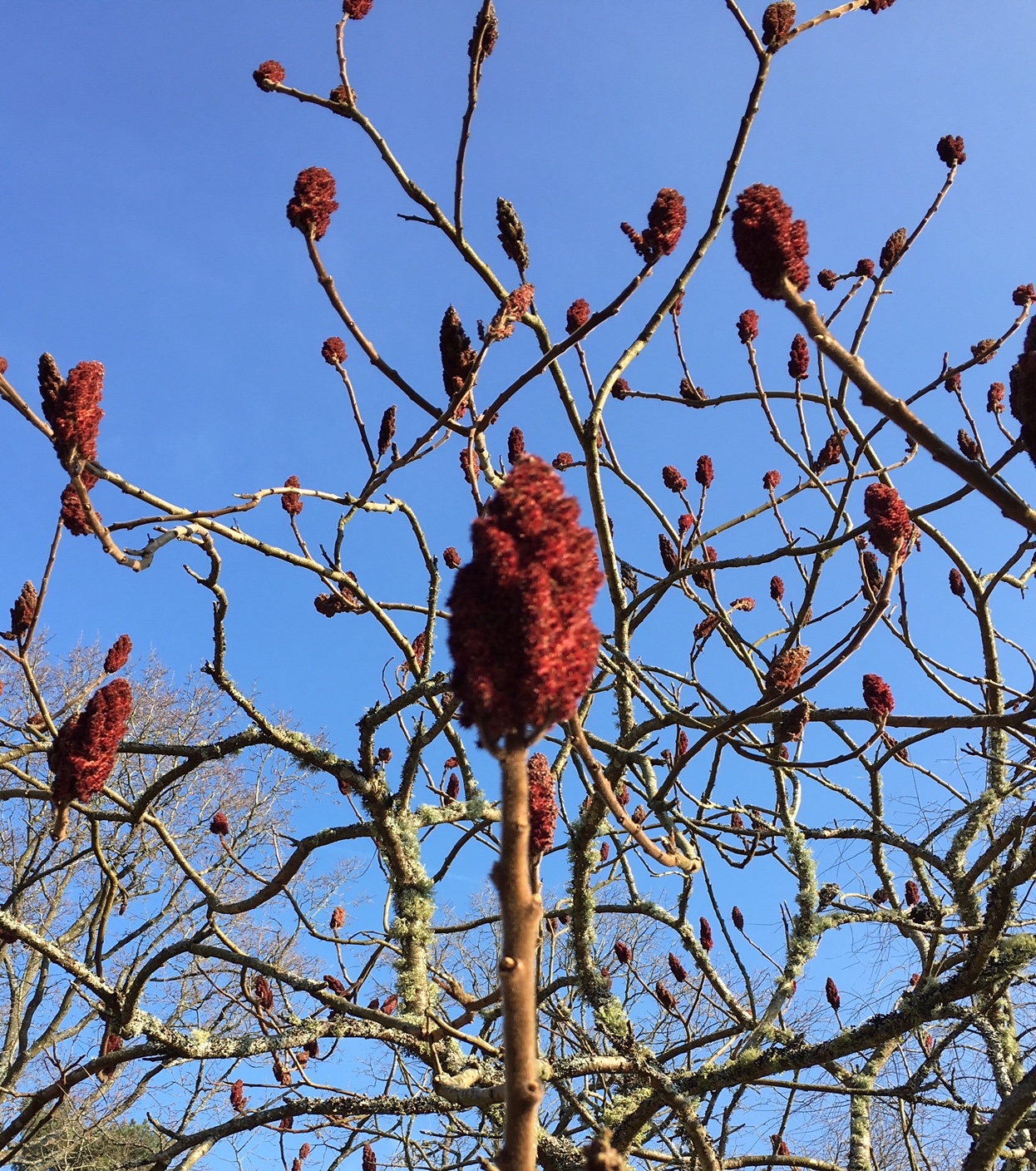In Jungian psychology, The Shadow archetype (also known as the id) represents the unconscious repressed side of a personality, and is often associated with the dark side, in particular. The Shadow consists of all the emotions and behaviours an individual conceals from the world at large. Such emotions may be negative or otherwise. When hidden, […]
Continue ReadingWriting Nature: Ecocriticism & Ecolinguistics Uncovered
Ginkgo biloba, Corsham Court, Wiltshire Nature writing, that is, non-fiction or fiction prose or poetry about or inspired by nature, is no new thing. Indeed, as far back as Hippocrates (490-370 BC) people were writing about nature. But latterly, it has experienced a resurgence. The meaning of the term ‘nature writing’ has shifted such […]
Continue ReadingSign & Communication in the Other-than-Human World: Biosemiotic & Pragmastylistic Concepts in Literary Analysis
All living organisms interpret (make meaning of) and represent (communicate) their world through a series of signs and codes. A plant may sense a change in daylight hours (photoperiodicity) as a sign which it encodes as a prompt to initiate flower-bud formation, just as a human might sense the sign of hot weather and encode […]
Continue Reading








